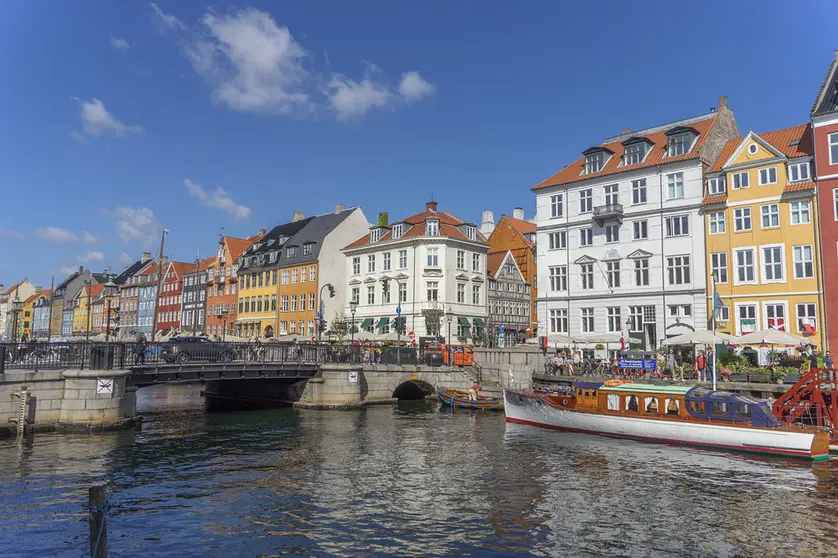The Danish public were freed from practically all pandemic restrictions as of Tuesday, despite Denmark's incidence of coronavirus remaining high.
The obligatory wearing of face masks is now a thing of the past, along with the presentation of Covid-19 health passes, which provide proof of vaccination, recovery or negative test results.
Large events can now go ahead unhindered, and maskless revellers can once again cram onto the dance floors of nightclubs.
All this goes hand in hand with the fact that Covid-19 is no longer classified as "socially critical" - a designation that gave the government the power to enact far-reaching containment measures.
Only travellers entering the country must still provide proof of vaccination.
Denmark made a similar move in September, but measures were gradually reintroduced when case numbers began to rise sharply soon afterwards.
In the past week, Denmark has been logging between 33,000 and 47,000 new cases per day - numbers that were hardly imaginable before the emergence of the highly contagious Omicron variant.
High vaccination rate
However, these figures have not placed a burden on hospitals, as it was once feared they might. Denmark's high vaccination rate is seen as the main reason why the health system has remained in good condition.
"We are through the critical phase," Danish Prime Minister Mette Frederiksen said last week when announcing that measures would be lifted.
"From 1 February, Denmark will be open - completely open," she said, smiling. "We are ready to step out of the shadow of the coronavirus. We say 'goodbye' to restrictions and 'welcome' to the life we knew before."
Besides the entry rules, hospitals and nursing homes are also still being encouraged to require visitors to wear masks and make use of the Covid-19 health pass in order to protect the vulnerable and elderly.










